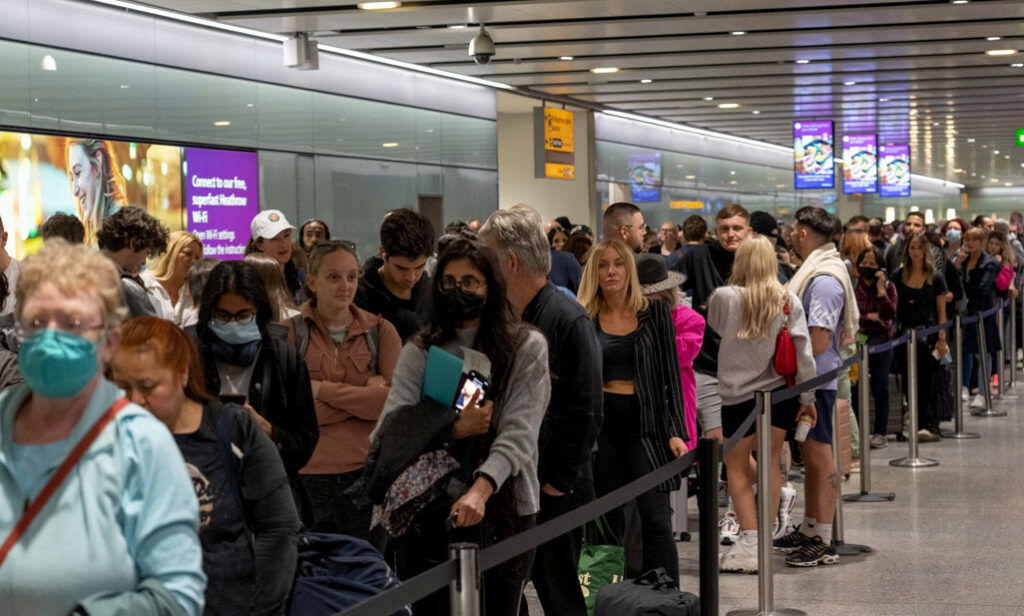On Tuesday, Australia’s largest banks reassured investors that the country’s financial sector is unlikely to be affected by the turmoil currently engulfing banks in the US and Europe. Regulators and bankers pointed to the post-global financial crisis reforms that have bolstered Australia’s banks, which they say are well-positioned to handle solvency and liquidity shocks. A recent stress test conducted by an Australian prudential regulator found that the banks would remain above minimum levels even in a doomsday scenario, including rising unemployment, falling house prices, and cyberattacks on major banks.
However, while Australia’s banks have been insulated from the troubles that have affected their overseas counterparts, their reliance on mortgages and retail deposits is now hurting their profitability. The competition for loans and deposits is intensifying, with the CEOs of Australia’s top and third-largest lenders and other bank executives warning that this is impacting margins. Westpac’s CEO Peter King, who has been with the bank since 1994, noted that the market for mortgages is the most competitive he has ever seen.
Around A$300 billion ($200 billion) worth of fixed-rate loans are set to expire this year, and customers who are reluctant to move to higher-priced products are shopping around for a better deal, according to the banks. In response, Westpac’s managing director of mortgages, Richard Burton, said that the bank is offering prospective customers A$3,500 in cash, an offer he claims is common across the industry.
On the other hand, competition is also heating up for deposits, as banks seek to shore up their funding. During a period when banks benefited from raising rates on loans faster than deposit rates, regulators launched an inquiry into savings rates in February. Assistant Treasurer Stephen Jones acknowledged the lags in passing on interest rate rises to deposit holders during the summit.
Additionally, the aftershocks from the banking crisis overseas are driving up wholesale funding costs at a time when the major banks need to refinance hundreds of billions of debt. Macquarie research published earlier this month estimated that the extra cost would be around 8 to 10 basis points over the next three years. Commonwealth Bank CEO Matt Comyn said that these funding market pressures could lead to different pricing decisions, with the intensity around deposits expected to increase.

